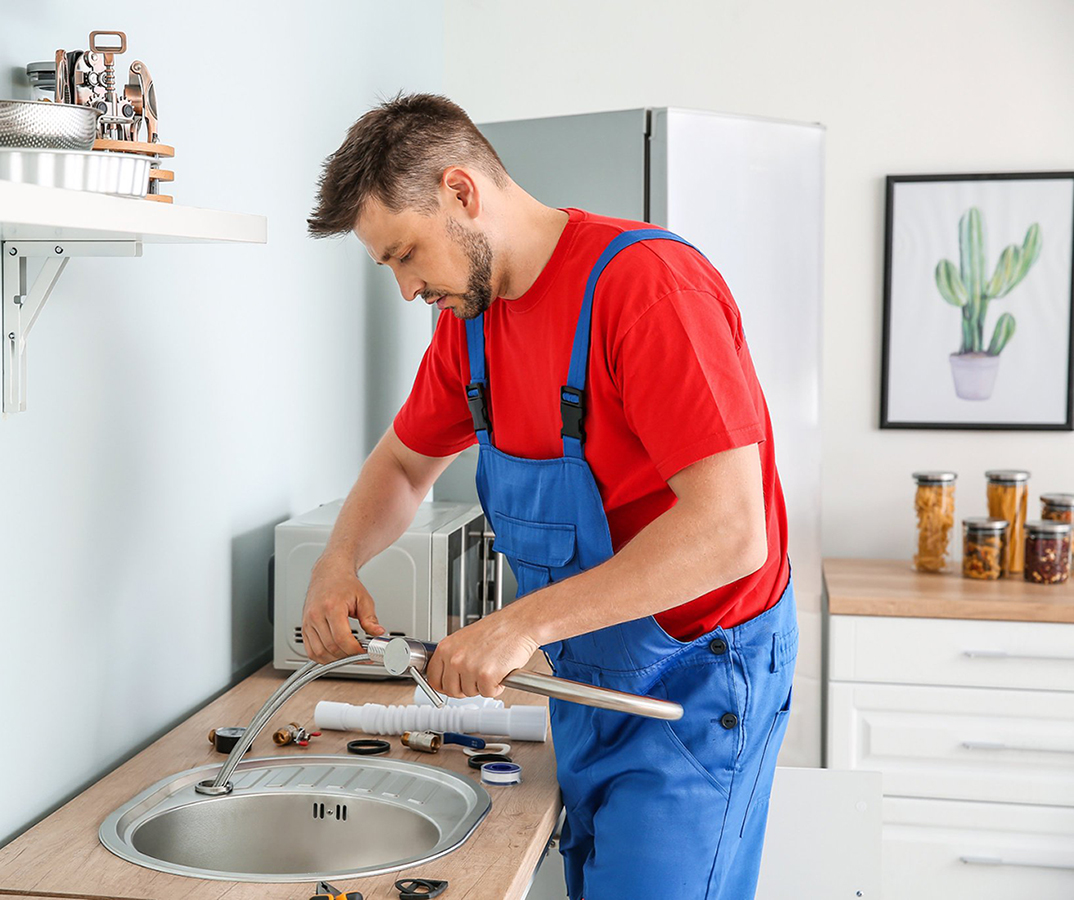Crucial Bathroom Plumbing Tips for New Homeowners
Crucial Bathroom Plumbing Tips for New Homeowners
Blog Article
Were you interested in insight around General Plumbing Tips for New Homeowners?

For new house owners, understanding and maintaining restroom pipes can conserve both time and money by preventing expensive concerns down the line. Right here are some crucial shower room pipes pointers to help you maintain every little thing running efficiently.
Acquaint Yourself with the Key Shut-Off Shutoff
Knowing where the main water shut-off valve is located in your home is important. This permits you to quickly switch off the water system in case of significant leaks or during plumbing emergencies, preventing extensive water damage.
Frequently Examine for Leaks
Small leakages can bring about large issues. Consistently examine under sinks, around commodes, and near plumbing fixtures for any kind of indicators of leakages. Try to find moisture, small drips, or rust. Capturing and fixing leaks early can prevent much more serious damages and conserve water.
Don't Ignore Slow Drains Pipes
If your sink or tub is draining slowly, it's usually an indicator of a blockage forming. Resolving this very early can stop a full obstruction. Utilize a plunger or a plumber's serpent to clean out debris. Prevent using chemical drainpipe cleansers as they can damage your pipes over time.
Know What Not to Flush
Bathrooms are not waste disposal unit. Stay clear of purging anything aside from bathroom tissue and human waste. Products like wipes, womanly hygiene items, and cotton bud need to be dealt with in the trash to avoid clogs and sewage system backups.
Set Up Strainers in Drains
Place filters in your sink and bathtub drains pipes to capture hair and other particles before they enter your plumbing system. Cleaning up the filters on a regular basis will help protect against buildup and maintain water streaming easily.
Maintain Your Hot Water Heater
Ensure your water heater is readied to a proper temperature (commonly around 120 degrees Fahrenheit) to stop hot and decrease power usage. Flush the storage tank each year to eliminate debris buildup, which can reduce the effectiveness and life-span of your heater.
Upgrade Your Components
If your home has older components, think about upgrading to much more reliable versions. Modern toilets, showerheads, and faucets are made to use less water while giving good pressure, which can dramatically reduce your water bill and ecological impact.
Be Cautious with DIY Pipes Services
While it's alluring to handle all home repair work by yourself, beware with plumbing. Some issues may need specialist expertise, especially if they include main water lines or drain fixings. Hiring a professional can in some cases be much more economical than DIY, particularly if it stops more damages.
Plan For Winter
Secure your pipelines from cold throughout cold weather by protecting pipes in unheated areas like basements, attics, and garages. During extreme chilly, let cold water drip from faucets served by exposed pipes to aid protect against cold.
Set Up Normal Upkeep
Think about scheduling yearly examinations with a qualified plumber. They can spot concerns that you could miss out on, such as covert leakages or deterioration on pipes and fixtures. Routine maintenance aids expand the life of your pipes system and can stop emergencies.
Conclusion
Understanding and keeping your home's washroom plumbing can prevent several usual problems. By following these important tips, you can guarantee your restroom stays functional and reliable, conserving you time and money in the future.
Essential Plumbing Tips for Homeowners: Keep Your Pipes Flowing Smoothly
As a homeowner, understanding the basics of your plumbing system can save you time, money, and a lot of headaches. Plumbing issues can range from minor annoyances like dripping faucets to major problems like burst pipes that cause significant damage. This guide provides essential tips to help you maintain your plumbing system and tackle common issues.
Understanding Your Plumbing System
Supply System: Brings fresh water into your home from a municipal source or a well. Drain-Waste-Vent System: Removes wastewater and vents sewer gases outside. Fixtures and Appliances: Includes sinks, toilets, showers, dishwashers, and washing machines. Basic Maintenance Tips
Regular Inspections: Periodically check for leaks, corrosion, and other signs of wear and tear. Look under sinks, around toilets, and near water heaters. Know Your Main Shut-Off Valve: In case of a major leak, you’ll need to shut off the water quickly. Ensure everyone in your household knows where the main shut-off valve is located. Prevent Frozen Pipes: In cold climates, insulate exposed pipes and let faucets drip during extreme cold to prevent freezing. Use Strainers: Install strainers in sinks and tubs to catch hair, food particles, and other debris that can cause clogs. Common Plumbing Issues and Solutions
Clogged Drains:
Prevention: Avoid pouring grease down the drain and use drain screens to catch debris. DIY Fix: Use a plunger or a plumbing snake to clear minor clogs. For stubborn clogs, a mixture of baking soda and vinegar can sometimes help. Leaky Faucets:
Prevention: Replace washers and seals regularly. DIY Fix: Turn off the water supply, disassemble the faucet, and replace worn parts.

Get A Free Estimate Report this page